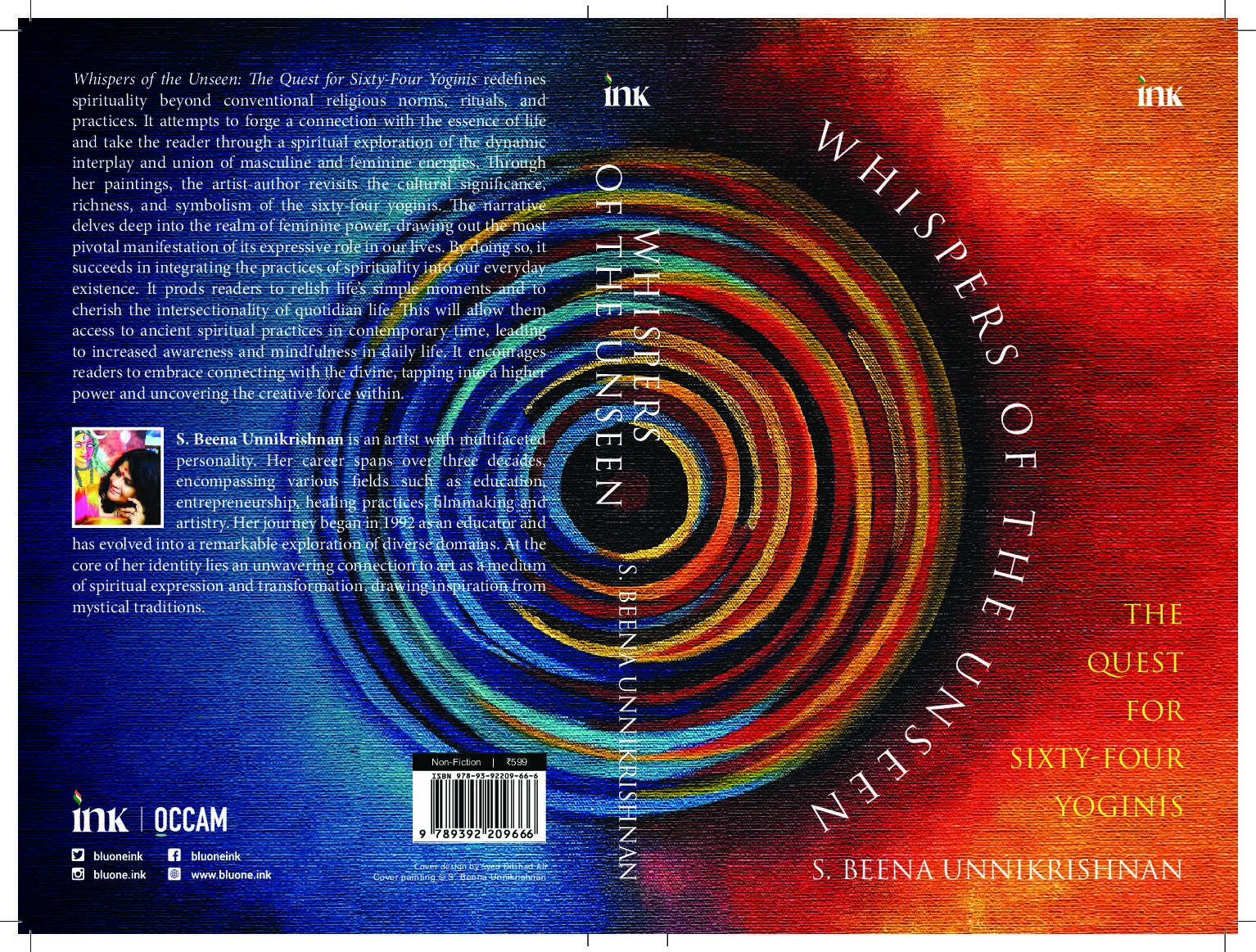Yoga reduces stress
Ravi Shanker Kapoor | December 21, 2019 10:51 pm

Psychological stress is a term broadly used to refer to the negative emotional, behavioral, and biological response to a perceived threat. Baer et al (2006) defines mindfulness as bringing one’s complete attention to the experiences occurring in the present moment in a nonjudgmental or accepting way. Research studies have consistently shown a positive relationship between mindfulness and psychological health (https://examinedexistence.com/the-five-mental-and-psychological-benefits-of-yoga/). Mindfulness is reported to reduce stress and its consequences. Mindfulness can lead to less intense stress responses (Baer et al, 2006).
Yoga is a practice promoting mindfulness. Yoga improves our psychological/mental wellbeing, prevents the onset of mental health conditions, and reduces the effects of traumatic experiences. In a national survey, over 85 per cent of people who did yoga reported that it helped them relieve stress. Yoga powerfully combines both physical fitness with an underlying philosophy of self-compassion and awareness. One of the main concepts in yoga is being non-judgmental toward both yourself and others, which is a powerful tool for stress relief, since much of our stress comes from us being hard on ourselves or frustrated with others (https://www.psychologytoday.com/us/blog/urban-survival/201512/yoga-stress).
A study was conducted by the author of this article during 2019 among a random sample of 40 yoga practitioners of Patanjali Yoga Research Centre, Kozhikode, Kerala, using an interview schedule to analyze the effect of yoga on their psychological stress. The schedule contained the Perceived Stress Scale (reported by Cohen et al, 1983), the respondent’s age, sex, and period of yoga practice.
The results of the study have shown that after the practice of yoga, people are up to two times less psychologically stressed than what they were before they started practicing yoga. Women were found to experience lower psychological stress than men after the practice of yoga. The influence of a higher period of yoga practice in reducing the level of stress is also evident from the study. However, the age of the yoga practitioners did not show statistically significant influence on their stress levels.
The proportion of yoga practitioners experiencing ‘fairly often’ and ‘very often’ all the negative items in the stress scale (used in this study) drastically reduced after yoga practice, when compared to before yoga practice. This indicates that they are less stressed due to these negative emotions after the practice of yoga. On the other hand, the proportion of yoga practitioners experiencing fairly often and very often the positive items in the stress scale increased very much after they started yoga practice, when compared to before yoga practice. This implies that people practicing yoga experience more of positive emotions and less of negative emotions, which will ultimately help to contribute to less of stress.
Yoga centres imparting training should also carry out studies on the influence of yoga/meditation, etc., on various health parameters so that the information generated from these studies can be transferred to people to make them understand the utility of practicing yoga. A coordinated effort by various yoga centres in this line is also worth considering.
Similarly, organizations like the RSS, which is primarily involved in societal development, can also take initiative in carrying out such type of research and disseminating its results among people in order to make yoga a popular movement in the country. This appears to be especially relevant, since yoga is reported to be less popular in India, when compared to America. (www.seattleyoganews.com>yoga-in-india-yoga-in-america).
A health oriented, primarily Hindutva-based practice developed by the Rishis of our country, which has also been scientifically proved to be effective in controlling both physical and mental problems, definitely requires promotion for wider adoption in India.
The author, who is Ph.D. (Sociology), is based in Kozhikode, Kerala
References cited in this article
Baer, R. A., Smith, G. T., Hopkins, J., Krietemeyer, J., Toney, L. (2006). Using Self-Report Assessment Methods to Explore Facets of Mindfulness. Assessment, 13: 27- 45
Cohen, S., Kamarck, T., Mermelstein, R. (1983). A global measure of perceived stress. Journal of Health and Social Behavior, 24: 385-396
Yoga for Stress relief. https://www.psychologytoday.com/us/blog/urban-survival/201512/yoga-stress-relief – retrieved 29 July 2019






























